About George Orwell:
He was born as Eric Arthur Blair at Motihari, Bihar. He served as a police officer with the Indian Imperial Police in Burma from 1922-1927 and fought with the Republicans in the Spanish Civil War from 1936-1937. Orwell is best known for his novella Animal Farm (1945) and the dystopian novel Nineteen Eighty-Four (1949). His works include non-fiction works such as The Road to Wigan Pier (1937) and Homage to Catalonia (1938), besides many essays on politics, language, culture and literary criticism.
If you wish to know more about George Orwell you can visit Michael Duffy’s page on George Orwell in our Great Writers Series
Disclaimer: I read somewhere, that, when asked whether they have read Orwell’s Nineteen Eighty-Four, most people tend to lie in the affirmative. If I were to tell you that I have read it, then, I too would be lying, for I have only listened to the audiobook (narrated by Andrew Wincott). Errors, if any, in spelling out the names of characters and the concepts used within the book are deeply regretted. (I’ll try to help there – ed.)
“It was a bright, cold day in April and the clocks were striking thirteen.” — the opening sentence. (Of course it must be added for today’s generation, who might have no idea about clocks that strike the hour, that clocks only struck up to twelve. But in this world there are twenty-four hour clocks.)
Nineteen Eighty-Four imagines a complete and utter dystopia in which an all-powerful state rules with an iron fist on its brainwashed subjects. The super-state of Oceania, where the story takes place, to a great extent resembles what is the popular conception of present-day North Korea. A state where everyone is under constant surveillance, where you could be punished for thinking the wrong way. Fear is the ruling emotion in the minds of the people, for wherever you go, you are constantly under the gaze Big Brother, the in-charge of this state. Though he never appears in the story, the image of Big Brother with a thick moustache, which was probably inspired from Stalin, is plastered everywhere you go.
The year is supposed to be 1984, although no one can say if it is so. There are no certain facts in this world. History is continuously being rewritten to meet the present-day needs of the Party. The world is populated with telescreens and hidden microphones. No one can say whether the broadcast news is true or made-up. No one can say what information is being collected through telescreens. It is said that the three super-states of Oceania, East Asia and Eurasia are constantly at war with each other. From time to time, rockets attack different cities of Air Strip One, formerly known as Great Britain, but there are no guarantees whether the Enemy launched them or the Party.
In this world, our hero Winston Smith decides to rebel, his first act of sedition being to start a diary. There are no laws, no acts are deemed illegal, yet if it an action is not in line with the Party’s ideology, you could end up being “vaporised”. Winston works at the Ministry of Truth, where his job involves rewriting historical records to fit the needs of the party. Even as he is about to start his diary, he knows that he is already a thought-criminal and the day is not far away when the Thought Police will catch him. His second act of sedition is starting a romance, not because the girl is fifteen years younger than him, but because according to the Party, all Party members must refrain from sex except for producing offspring within a Party-approved marriage. His third and biggest mistake is to join the Brotherhood, a rebel group working to upend the Party. To say anything more about the story would be injustice to the potential reader. It is crucial that the your reading is not marred by knowing any of the details.
Orwell’s world-building is first-class. You only have to read the first few pages to discover how utterly beyond any rescue this whole world is. There are so many details that are woven in the narrative, it was only when I started writing this review that I realised how solidly the characters have been placed in this world. You cannot blame them for not acting in any other way. In this world, this story unfolds exactly as it could have been. There are three socio-political classes: the Inner Party comprises the elite who enjoy the luxuries (real food and drink) and social superiority, the Outer Party comprises all those who work in any of the four ministries of the Party, and thirdly there are the Proles, the masses who work in factories and suffer in poverty.
For me, the most interesting theme of the book is the decline of language. How the language that we use affects what we think and how we think. When I was in school or maybe in college, I read another of Orwell’s essays which had a similar theme, titled ‘Politics and the English Language’. Orwell believed that the English language was in decline; that the people were increasingly thinking in language that was not their own. Instead they resorted to language that was made available to them through the media. Politicians and governments promote such language to twist reality and keep the masses from realising their real feelings. This creates a barrier between the physical world and the mind. In the novel, the Party has evolved a new language called Newspeak. This language glorifies the reduction of vocabulary to words that are deemed orthodox by the Party’s standards. You cannot think anything unorthodox thoughts because there are no words for them. There is no word for freedom or democracy: the word you have at your disposal is “crimethink”. Another device that the party uses is ‘doublethink’, whereby citizens are expected to firmly believe two contradicting facts, believing only one part of it until the Party requires them to switch to the other.
Even though it was written over seventy-five years ago, Nineteen Eighty-Four still feels fresh and relevant. The language seems very familiar. The ideas presented are extreme, yet there is no great argument that such a world cannot come to pass. A lot of the ideas have been reworked and presented in several other works over the years, and that probably dulls the punch that the readers back in the day would have felt when they picked it up. Yet, going through this text first-hand felt refreshing. It is one thing to hear about a monster from others, and completely another to see the monster with your own eyes.
Over 60 years after being first published, George Orwell’s depiction of a dystopian future society still somehow manages to stay relevant through its powerful yet hopeless representation of the world we live in. It paints a brutal picture of the possibility of a fully totalitarian governed society, shown through the character of Winston, our protagonist. And the thing that is most effective about the book lies in his character arch. 1984 begins by following the standard Hero’s Journey arch, with Winston rebelling against the system through his forbidden love with Julia, however it then breaks the stereotype and, instead of seeing our hero come full circle and essentially defeating the antagonist of the story (In this case, the party and the philosophy it stands for), we see Winston tortured during the third part of the book, being forced to betray his own ideologies and taught to love the very thing he hates. This is completely terrifying, and this is what the book does incredibly well- Orwell has created such a helpless illustration of our future; he then presents hope within it; and then systematically tears apart this hope in the 3rd part of the book, making the reader watch as Winston is lobotomised of everything that had made him human.
However, even with this vivid and effective form of storytelling, 1984 is not a perfect book. And although its depiction of the near future is terrifyingly brilliant on Orwell’s part, the main criticism I, and many others I have discussed is the pacing; particularly toward the end of the second act, with the introduction of Goldstein’s book. Although it is extensively interesting and the lore behind the world Orwell has created is rich and detailed, the book
becomes a chore to slog through as the pacing of this section is poorly handled. It sucks the reader completely out of the story and instead presents a substantial amount of exposition which, although well written and relevant to the story, is quite frankly too long, an issue that I feel could have been easily fixed if it had been broken up into smaller doses and fed to us slower with segments of the actual 1984 story put throughout to make it easier to swallow.
Other than this jarring narrative decision, 1984 succeeds in most aspects it attempts to tackle. Its bleak description of the future is aptly grim and depressing; the characters are believable and easy to empathise with, despite not being written in 1st person; and the overall plot is intriguing through the retrospective view of the issues during the Post World War II Stalinist Regime, and even more interestingly, through its parallels with modern society and the issues occurring in the world today. Orwell’s classic book has managed to stay relevant and topical throughout the decades while also remaining a well-crafted and easy, yet thought provoking read.

 RSS Feed
RSS Feed Facebook
Facebook Instagram
Instagram YouTube
YouTube Subscribe to our Newsletter
Subscribe to our Newsletter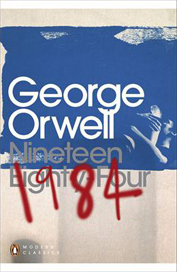



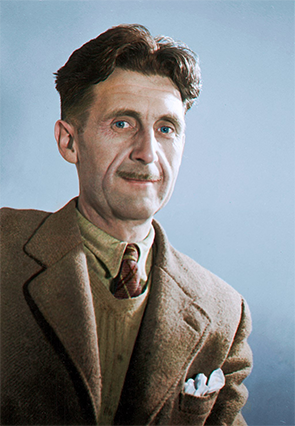
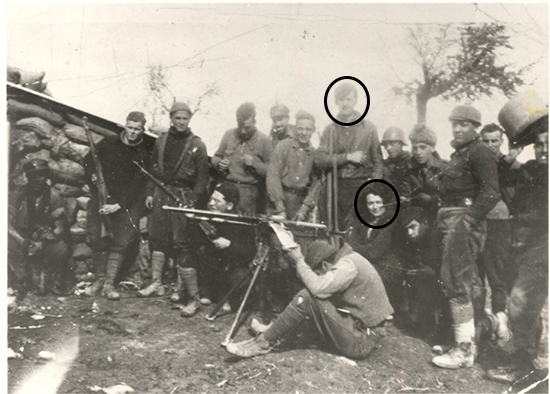
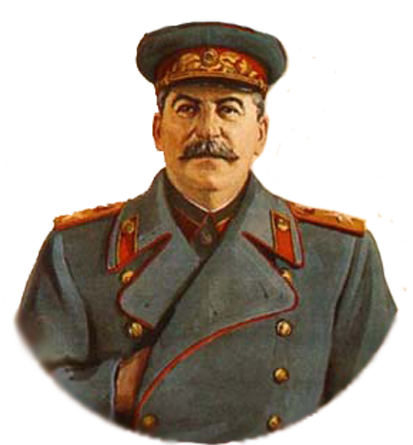
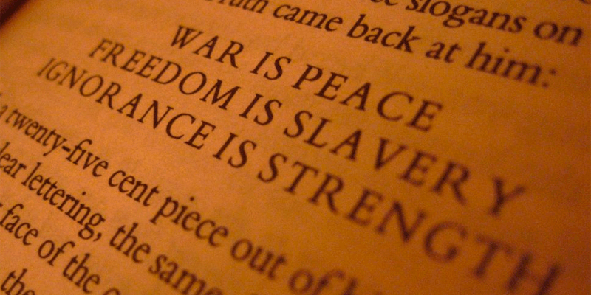


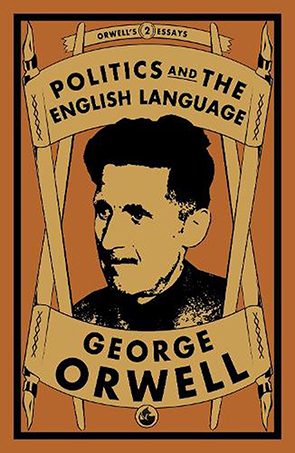
No one has commented yet. Be the first!